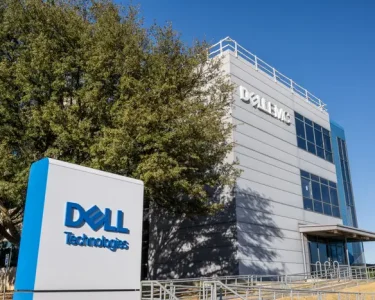Walmart’s Pricing – Walmart CEO Doug McMillon recently shared that the prices of many groceries and other items have dropped at the retailer. However, he noted that inflation remains a challenge in one specific area: dry groceries and processed foods. These aisles, which include popular items like carbonated soft drinks, have seen more persistent price pressures.

During a call following Walmart’s second-quarter earnings report, McMillon mentioned that the company has been pushing its suppliers to lower prices.
He emphasized the need for more action from these companies, stating, “We’re seeing less upward pressure, but some suppliers are still considering cost increases. We’re pushing back aggressively because we believe prices need to come down.”
Walmart reported that overall inflation remained flat for the quarter, with revenue growth driven by selling more units rather than increasing prices. However, pricing trends varied across different products.
Prices continued to rise for essentials like dairy, eggs, sugar, and meat, while they stabilized or dropped for items such as pet food, apples, potatoes, strawberries, sporting goods, and lawn and garden products.
The positive quarterly results from Walmart sparked a rally in other retail stocks, including Target, Best Buy, and Macy’s, on Thursday. Both Walmart’s strong performance and better-than-expected retail sales figures helped ease concerns about a potential consumer slowdown.
Walmart exceeded expectations in both revenue and earnings, leading the company to raise its forecast for the rest of the year. CFO John Rainey told that consumers remain “choiceful, discerning, and value-seeking,” and noted that the company hasn’t observed any further weakening in consumer spending.
Amid rising frustration over higher prices, consumer brands like Walmart have come under increased scrutiny from shoppers and even politicians.
McMillon’s comments on supplier pricing reflect the intense pressure grocers face in this environment. Recently, Walmart faced criticism on TikTok for introducing electronic price labels in stores, with some users speculating that the company might use the technology to hike prices during high demand.
Walmart, however, clarified that there are no plans to change its pricing strategy and that the new price tags are intended to save time for store employees.
Many brands have been keen to highlight value and introduce new deals, especially as consumers become more selective about where they choose to spend their money.
McDonald’s, for instance, introduced a $5 value meal in late June and opted to extend the offer in most markets due to its popularity. Similarly, Target announced in late May that it would slash prices on around 5,000 frequently shopped items, including essentials like peanut butter, milk, and meat, throughout the summer.
Walmart has also been promoting discounts. The retailer reported having 7,200 “rollbacks” — its term for temporary deals — across various categories during the quarter that ended on July 31. Notably, there was a 35% year-over-year increase in the number of rollbacks for food items.
While Walmart’s profits are growing faster than sales, CEO Doug McMillon clarified that this growth is driven by expansion into higher-margin businesses like advertising, not by increasing prices on goods. “We’re not raising prices. We’re lowering prices,” McMillon emphasized. “We don’t want product margins to go up. When we talk about margin improvement in our company, it’s about business mix.”
Stay updated on the latest in business news by visiting Digital Digest.




